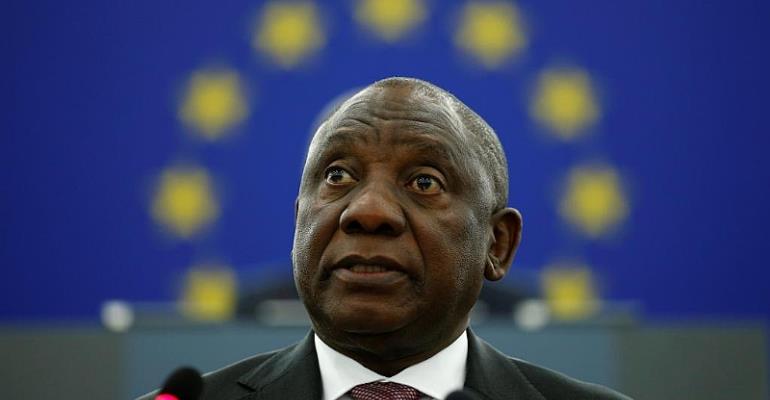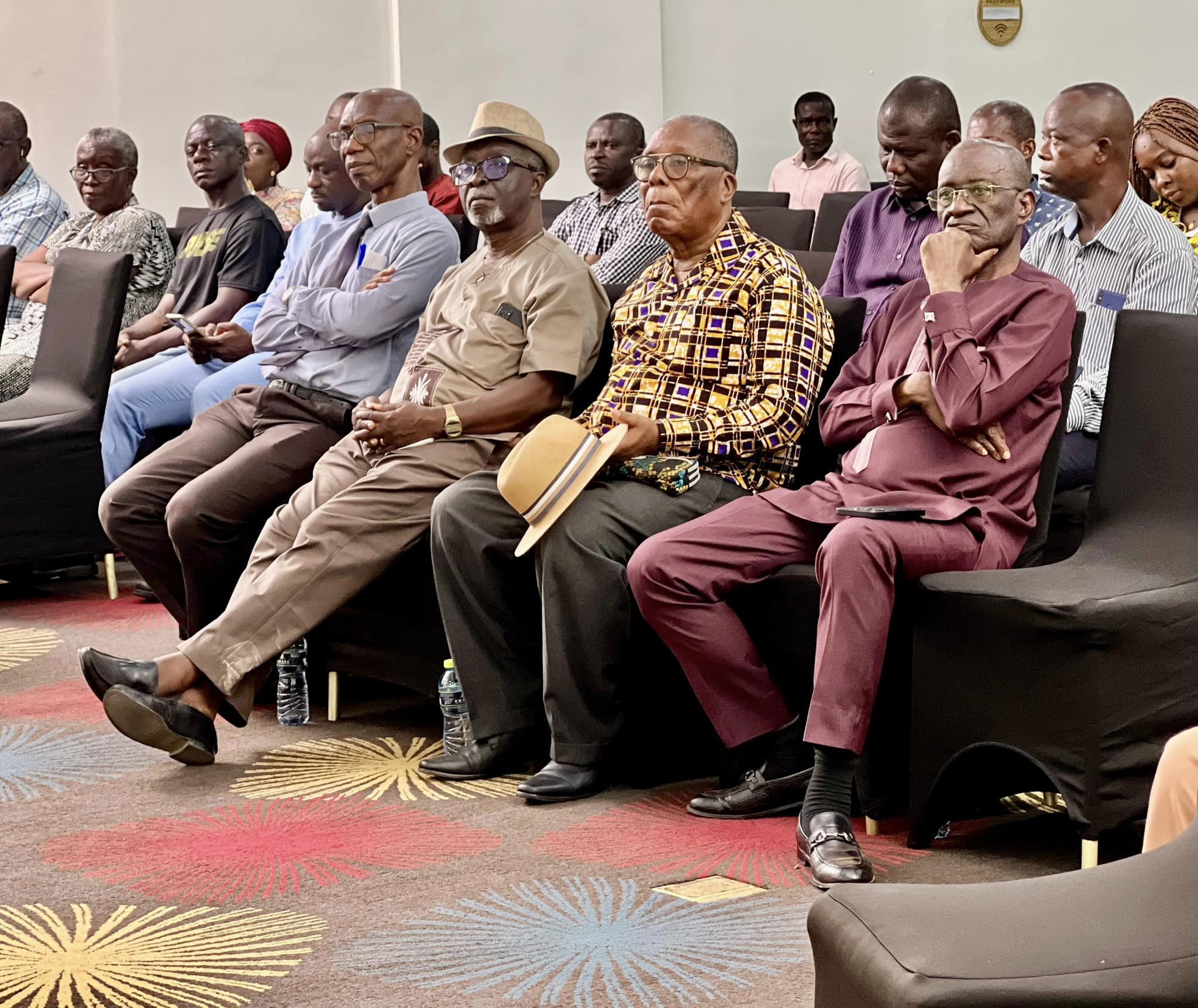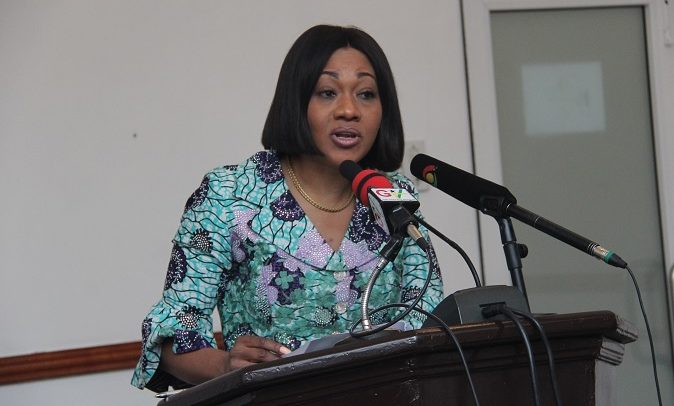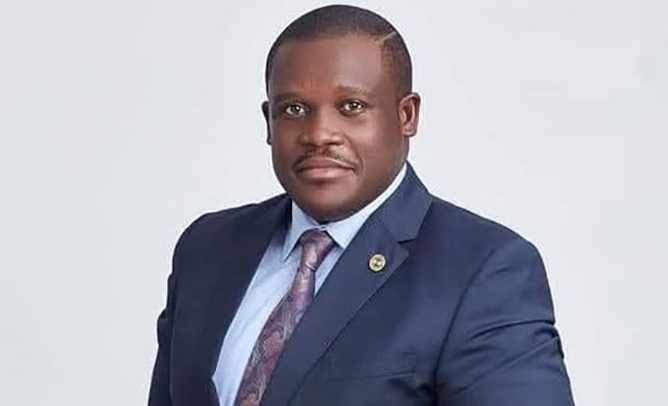
South Africa's land reform program is in the limelight amid fears of Zimbabwe-style land seizures, graft and capital flight.
Blacks make up 80 percent of the population but, as the latest land Audit Report shows, they possess title deeds to only four percent of all farms and agricultural holdings by individuals. This as opposed to white farmers who own 72 percent of all private land which they wouldn't have owned had they not benefited from colonialism and apartheid.
Correcting Apartheid's legacy
Aninka Claassens is the Director of the Land and Accountability Research Centre at Cape Town University. She says it is timely to right the wrongs of apartheid and argues that the country's basic law already provides for expropriation of land below market value.
What legislators simply have to do, she explains, is to draft a land expropriation bill specifying the terms of market-value compensation.
Dr Claassens also outlined the circumstances under which the State will not have to pay compensation. She said that people who have been living on farmlands for centuries as labour tenants, and are working on that land not for wages, but to keep cattle.
When you transfer this land to them, you won't need to compensate the White farmers, she explains.
According to the South African lands and accountability researcher, the ruling ANC party will not heed calls for the expropriation and transfer to the state of all land coming from what she describes as the “populist and fascist” Economic Freedom Fighters party .
Urban pressure for land
For Aninka Claassens, the discussions within the ANC are about “releasing a whole lot of land very quickly to address enormous pressure in urban areas” and to have the scale to determine which land is expropriated and the amount to pay as compensation.
In the exclusive interview to RFI, the Cape Town-based Director of the Land and Accountability Research Centre also attributes anxieties and a slowdown in the building industry to a lack of clarity in what people expect.
Dr. Claassens regrets the country has had to come this. “Land reform in South Africa has failed, she regrets, in her opinion mainly due to the redirection of the land reform budget to elites through State capture and officials and politically-connected people who have given themselves farms.
In her view, the scheme has ended been capsized by the rhetoric that farm land will be expropriated without compensation, which in fact does not even address the fundamental problems that have to fixed, if South Africa has to have land redistribution that benefits the poor.
Land reform as compromise
Land reform is not one of the top ten issues South Africans care the most about, according to a recent Afrobarometer survey. But the Land and Accountability researcher claims that President Ramaphosa unveiled the program as part of a compromise to woe over ANC people implicated in State Capture.
But she explains that, despite the offer, the ANC remains split in the build-up to the 2019 elections. This, in her opinion, is what has forced President Cyril Ramaphosa's hand to make this announcement which certainly hasn't been good for business in South Africa.
Jobs and nothing but jobs
It's worth noting that unemployment in Africa's second largest economy is running at 26.7% of the labour force, which ought to be the government's biggest priority.
Experts are urging Ramaphosa, elected in February, to replace ousted Jacob Zuma and to concentrate his energy on creating jobs for 6.1 million unemployed.
The latest unemployment figures released by the agency in May showed that South Africa's jobless rate has remained unchanged with unemployment among young people between the ages of 24 and 35 running at 35.4 percent, with nearly 3-million young people in South Africa not currently in training, education or active job-seeking.
With employment growth in most sectors of South Africa's economy well below real GDP growth which stood at 3.1 percent in the second quota, President Ramaphosa's land reform must deliver the jobs so badly needed by the poor, if he hopes to win the 2019 elections without a little help from Julius Malema's Economic Freedom Fighters.























Facebook
Twitter
Pinterest
Instagram
Google+
YouTube
LinkedIn
RSS